Aviation Crew Management Systems Size
Aviation Crew Management Systems Market Growth Projections and Opportunities
"The Aviation Crew Management Systems Market is defined by dynamic forces that underscore the evolving landscape of crew management within the aviation industry. One pivotal factor shaping this market is the increasing emphasis on operational efficiency in crew planning, scheduling, and management. Airlines globally, recognizing the complexities of crew coordination, are investing in advanced Crew Management Systems to optimize the deployment of flight and cabin crews. The demand for streamlined operations, compliance with regulatory requirements, and adherence to safety protocols drive the adoption of these systems, highlighting the industry's commitment to operational excellence.
Operational efficiency stands out as a driving force in the dynamics of the Aviation Crew Management Systems Market. Airlines look for comprehensive tools to automate all aspects connected with staff management including creation of rosters or schedules together with monitoring the duration of duty periods. To optimize costs and improve overall performance Crew Management Systems utilize state-of-the-art algorithms and data analytics capable of optimizing crew deployment.On one hand,this indicates how airlines are increasingly using technology to address complex issues related to efficient management of their workforce while on another hand it shows that regulatory frameworks have posed significant limitations which have called for a shift towards safeguarding public interests such that other actors must come into play.
Another key market dynamic is the industry's increasing focus on compliance and safety.Aviation Crew Management System serve an important role in making sure that airlines comply with strict regulations concerning rest periods for crews,duty time limits as well as qualification requirements.The real-time monitoring system also includes alerts aimed at helping Airlines manage their way through compliance,injury mitigation processes as well enhancing safety.This highlights not only airline’s perception towards maintaining international standards but also adhering strictly to safety protocols involved in managing people engaged directly in crafting its image.
Globalization and growth in air travel has led to a bigger Aviation Crew Management Systems Market.For airlines operating across different parts globally where passengers numbers continue rising every day there is need for better management strategies.Accordingly,Crew Management System facilitate dealing with complex operations of airlines crossing international boundaries,managing employee turnover and effectively scheduling in line with international trends in aviation.The dynamism offered here can be seen as a reaction by the industry to difficulties occurring from how the world is interconnected.
Collaboration and integration are transformative market dynamics within the Aviation Crew Management Systems Market. Airlines recognize the need for seamless communication and integration between Crew Management Systems and other critical airline systems, such as flight operations, maintenance, and customer service. Collaborative efforts aim to create integrated platforms that provide a holistic view of crew-related data, fostering better decision-making and operational coordination. The emphasis on collaboration reflects the industry's acknowledgment of the interconnected nature of airline operations and the importance of cohesive solutions that span the entire aviation ecosystem.
On this note,market forces are now highlighting an increasing urge towards satisfying crew’s needs in terms of comfort.Airlines are increasingly opting for management systems which consider what crew members would like their employers to take into consideration when deciding on fatigue management issues or even work-life balance.By doing this; it will attract qualified staff who prefer working in good environment besides boosting efficiency in overall activities.Basically,the demand for Crew Management Systems prioritizing crew satisfaction demonstrates how airlines have realized the impact played by its employees on success or reputation.
Regulatory compliance is a constant and vital factor in the Aviation Crew Management Systems Market. In an environment where airlines operate, there are strict rules that govern crew duty limitations, rest periods and qualifications. Crew Management Systems seek to help airlines comply with these regulations by equipping them with tools for tracking, reporting and planning purposes accurately. This market dynamic underlines the industry’s dedication to regulatory compliance and safety in crew operations at the highest level."
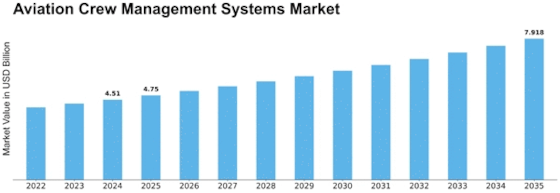


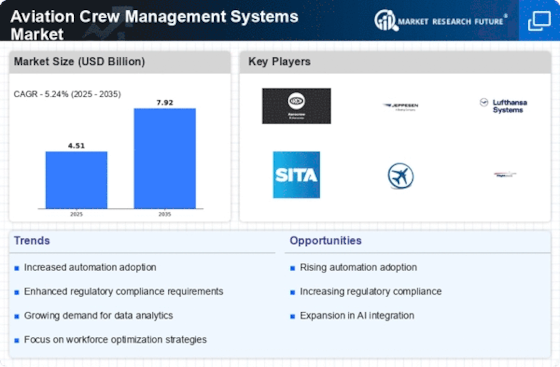

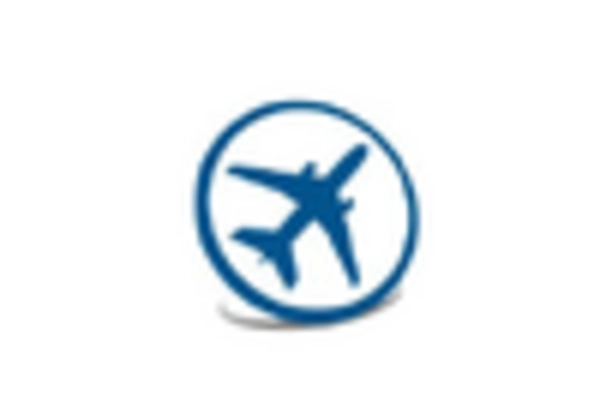
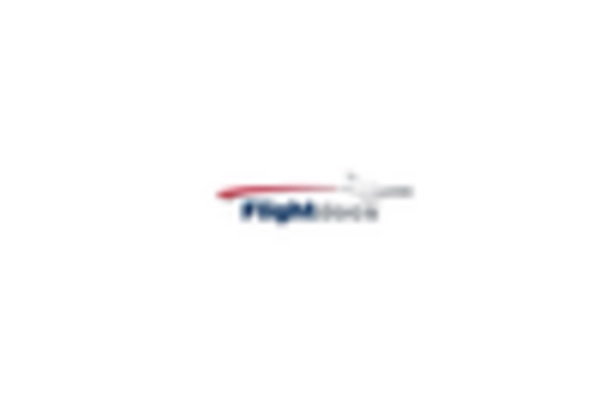
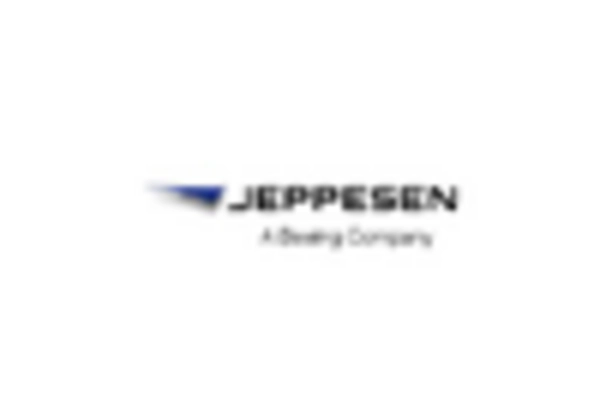
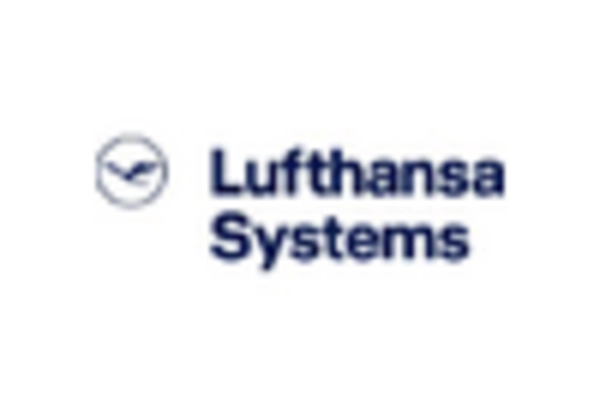
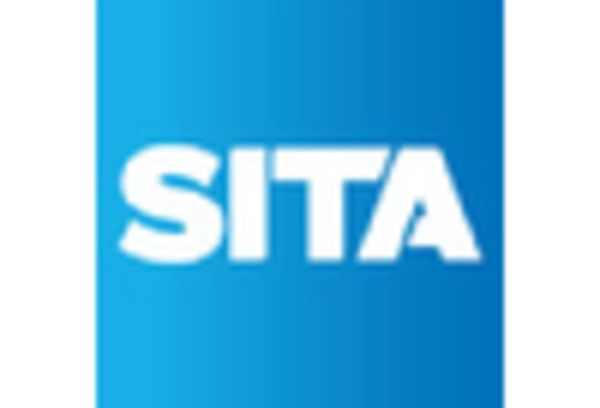










Leave a Comment